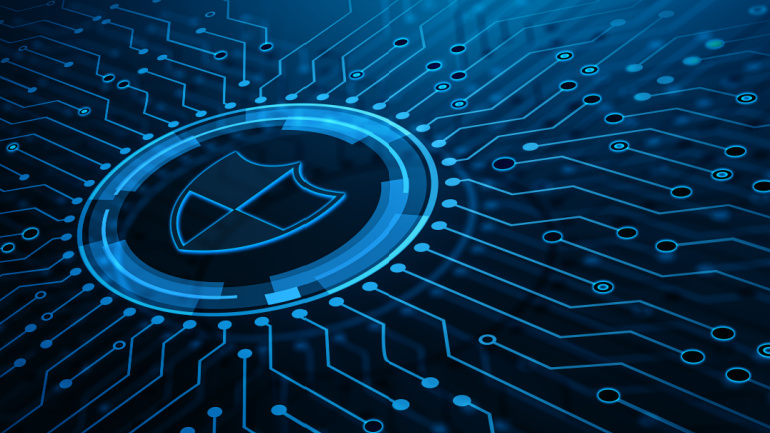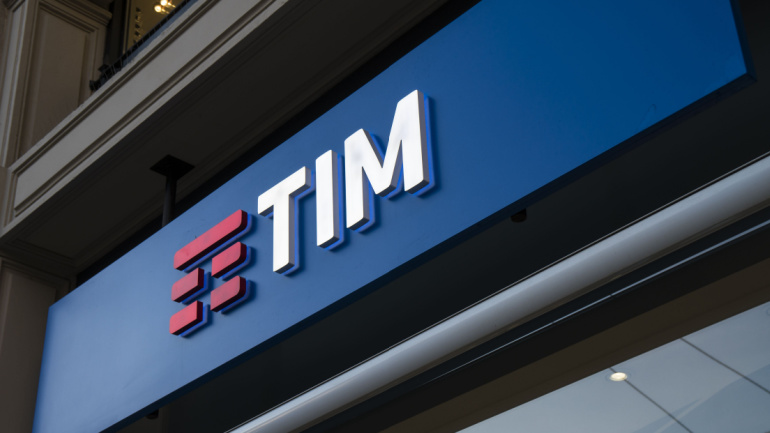Delving into Wind Tre’s recent maneuverings with a proposed sale to EQT, marks another twist in the intricate telecommunications landscape. Initial strategies aimed to restructure the Italian operator’s fixed and mobile assets were fueled by intense competition. Yet, the hanging threads of existing network sharing agreements and a looming February deadline complications, streamed the planned transaction to an impasse.
LogRhythm, the company helping security teams stop breaches by turning disconnected data and signals into trustworthy insights, has expanded its partnership with e-finance, a subsidiary of e-finance Investment Group to deliver secure digital transformation in Egypt. The strategic expansion of the partnership sees the integration of LogRhythm into e-finance’s cloud computing platform. e-finance’s customers across critical industries including fintech, government, and healthcare gain access to LogRhythm SIEM to uncover threats, mitigate attacks, and scale their business with confidence.
Altice Group strategically eyes shedding its 50.1% sharing in XpFibre, triggering a ripple of interest from major players like KKR & Co., Macquarie Group, and others. While KKR & Co, Macquarie Group, and CDPQ are all reported to be keen on acquiring the stake, no financial bids have surfaced to date. Meanwhile, Altice Group’s decision to divest isn’t surprising, given its $60 billion debt, and recent considerations to sell other assets.
Following successful end-to-end integration testing of their OTS solutions, telecommunication pioneers Sonalake and KCOM further prepare for industry-wide trials. Their collaboration trailblazes customer experience advancements with agile innovation, particularly with Sonalake’s launch of pivOTS™. This enterprise-grade solution aids ISPs in achieving OTS compliance securely and cost-effectively.
In an exciting development for the telecommunications industry, EE has officially opened the doors to its brand-new Experience store in Gateshead, marking the beginning of an ambitious rollout plan. This store is the first in a series, with the company planning to launch over ten Experience stores across the country within the next year.
In the United Kingdom, a significant transition is underway as the nation shifts from traditional analogue landline services to modern, IP-based digital systems. This change, mirroring a global trend towards digital communication solutions, aims to enhance service quality for the majority of consumers. However, it has raised concerns for certain vulnerable groups who depend on the older technology and may face challenges, particularly during power outages, which could impact their ability to reach emergency services.
TIM’s leadership has expressed dissatisfaction with the Italian government’s initial purchase proposal for its Sparkle subsea cable division, prompting CEO Pietro Labriola to seek improved terms. The decision follows a recent bid by the Ministry of Economy and Finance, which has been deemed inadequate by TIM’s board of directors. Amidst ongoing discussions about the board’s composition, the focus has swiftly shifted back to negotiations, underscoring the complex nature of the transaction involving Sparkle.
A recent analysis by the International Data Corporation (IDC) reveals an expected sharp increase in the shipment of AI-enabled personal computers (PCs) in the coming years. The study forecasts that the number of these specially equipped PCs, designed to handle generative AI tasks on their own without cloud assistance, will soar from approximately 50 million units in 2024 to over 167 million by 2027. This growth indicates that nearly 60% of all PC shipments globally will be AI PCs by the end of the projection period.
In a significant move against the rising menace of spyware, representatives from various countries recently convened in London for the UK – France Cyber Proliferation conference. This gathering underscored the urgent need for international cooperation against the malicious use of cyber tools, an issue that transcends national borders. UK Deputy Prime Minister Oliver Dowden highlighted the importance of joining forces with allied nations to combat cyber threats, positioning the UK as a leader in this global fight.
Diving into the digital frontier, the Sustainable and Interoperable Digital Identity (SIDI) Hub, an alliance of 17 open-standard organizations, is striving to create cross-border digital identities. Through harnessing insights from significant bodies such as the OECD and World Bank, they aim to establish a minimum set of interoperability requirements. However, recognizing the diverse perspectives globally, they also highlight the need for taking into account the unique social, cultural, and legal contexts of each nation.













